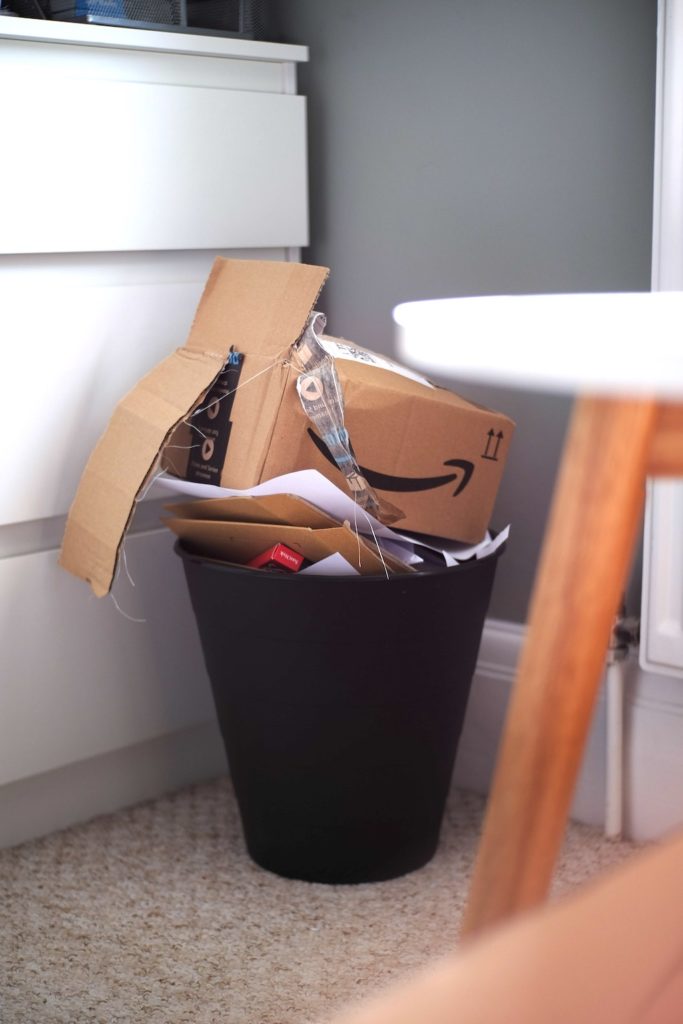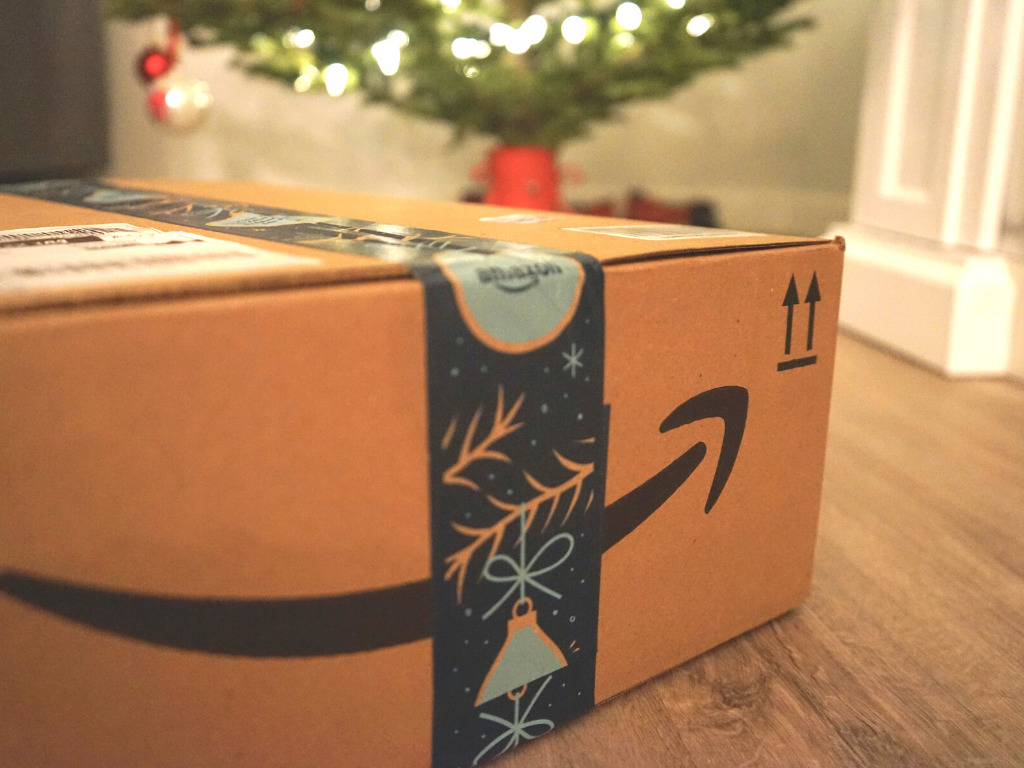3 Mins Read
Plastic packaging use increased for Amazon by nearly 33 percent during the last year of the pandemic, according to new findings.
Online orders from the largest e-tailer in the Western world increased 38 percent in 2020 due to the pandemic, and according to a new report from Oceana, that’s a big problem for our oceans.
Amazon says it has been working to increase its sustainability initiatives across its supply chain and operations, but plastic has been a notoriously difficult issue in packing and shipping materials—even for items bearing the e-tailer’s Climate Pledge Friendly selections.
Plastic packaging
Plastic film has been particularly problematic as it can’t be recycled. According to Oceana’s report, nearly 75 percent of Amazon customers sent the film to landfills. The report challenges Amazon’s recycling pledges, which include its Second Chance recycling website. Ocean says the current recycling efforts in place “will not significantly reduce its enormous (and growing) plastic footprint”.
Amazon says Oceana’s findings are incorrect and questions its calculation formula; it claims the figures overestimated its plastic use by 300 percent.
“Amazon shares Oceana’s ambition to protect the world’s oceans and respects their work but, for a second year, their calculations are seriously flawed,” a company spokesperson told The Guardian.” They have overestimated our plastics usage by more than 300%, and use outdated assumptions about the sources of plastic waste entering our oceans.”
Oceana says if there’s disparity, it’s because Amazon has made little data available.

“We are using the best data available to us,” Matt Littlejohn, Oceana’s senior vice-president, said in a statement. “If Amazon was transparent, we would gladly use their data. Yes, they are using more non-plastic packaging, but they are also selling a ton more product.
“We understand people need Amazon. And so we’re hoping Amazon can fix this problem and become a leader in reducing plastic, which is really important for the oceans.”
Plastic pollution is plaguing the world’s oceans, poisoning marine life and increasing ocean acidification, which slows the oceans’ ability to sequester carbon. There’s currently so much plastic going into oceans that some experts estimate pieces of plastic will outnumber ocean fish by 2050.
Amazon’s sustainability efforts
Last May, more than 33 percent of Amazon’s shareholders voted in favor of Amazon taking steps to quantify its single-use plastic. The shareholders wanted a plan by the end of this year that would map out how Amazon would reduce its overall plastic use.
Oceana says Amazon is capable of making bigger strides in the U.S.; it points to efforts in India where it has eliminated single-use plastic packaging following the country’s ban initially slated to go into effect next year. Amazon has also taken similar steps in Germany, after being accused of contributing to the country’s plastic waste problem.
“If the company can do this in India and Germany, they can move away from single-use plastic packaging on a worldwide basis,” Littlejohn said.
Amazon says it is taking steps to reduce plastic waste and double the use of 100 percent recyclable materials in its shipping envelopes, as well as replacing air pillows with paper ones.
The company says it is making “rapid progress in reducing or removing single-use plastics from packaging materials in the UK and around the world.”
Photo by Wicked Monday on Unsplash



